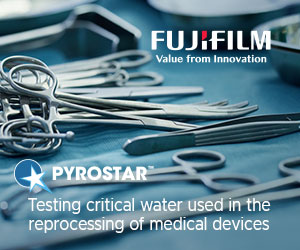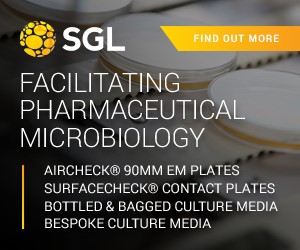| The FDA reports that over the last several years, investigations of several outbreaks of Enterobacter sakazakii infection occurring in neonatal intensive care units worldwide have shown the outbreak to be associated with milk-based powdered infant formulas. Since powdered formulas are not sterile products, they could contain opportunistic bacteria, such as Enterobacter sakazakii.
DuPont Nutrition & Health collaborated with the Nestlé Research Centers in Switzerland and the United States to develop a PCR-based assay for rapid detection of Enterobacter sakazakii in food and environmental samples. The new BAX® system test provides reliable next-day results, even on samples with low levels of contamination.
"We are very pleased to continue expansion of the BAX® system product line to include tests for emerging pathogens such as Enterobacter sakazakii," said Kevin Huttman, president of DuPont Nutrition & Health. "We are focused on providing solutions that help safeguard consumers and that apply advanced innovative technology to help global food companies. This new technological breakthrough could not have happened without the close strategic relationship and great co-development efforts between Nestlé and DuPont."
The BAX® system is a breakthrough screening method that provides reliable, DNA-based detection of target bacteria in raw ingredients, finished food products and environmental samples. The automated system, which takes little space and looks like a desktop computer, has been available since November 2000. Hundreds of BAX® systems already are in use by governments, food companies and laboratories around the world.
The global diagnostics industry overall totals $27 billion annually, with the food diagnostics industry representing more than $1.7 billion.
DuPont Nutrition & Health provides the most advanced molecular technologies for pathogen screening. In addition to the BAX® system, DuPont Nutrition & Health markets the patented RiboPrinter® system, the world's only automated DNA fingerprinting instrument that rapidly pinpoints sources of bacteria in pharmaceuticals, personal care products and food.
DuPont is a science company. Founded in 1802, DuPont puts science to work by solving problems and creating solutions that make people's lives better, safer and easier. Operating in more than 70 countries, the company offers a wide range of products and services to markets including agriculture, nutrition, electronics, communications, safety and protection, home and construction, transportation and apparel.
BAX® and RiboPrinter® are registered trademarks of Qualicon, Inc., a DuPont business.
|






